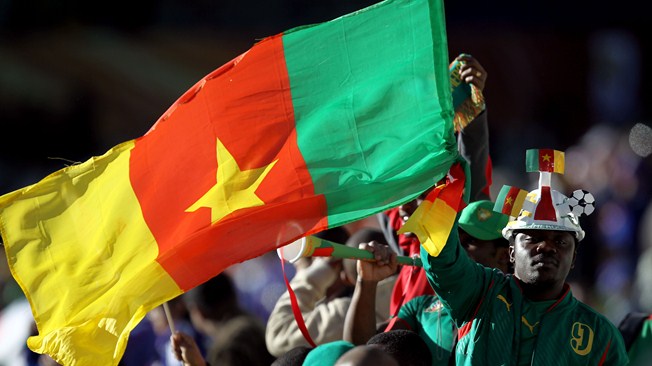The 2014 financial law for the Republic of Cameroon was adopted by the National Assembly on Sunday the 8 of December 2014. It was the first time that the Senate of Cameroon, mentioned in the 1996 Constitution as the Second Chamber, but installed in mid 2013, took part in the deliberation and adoption of this very important law of the State. This contribution thus attempts to give an analysis of this financial law.
The 2014 budget stands at 3312 billion Frs. CFA as against 3236 billion Frs. CFA in 2013. There has thus been an increase of 76 billion Frs. CFA. According to some fiscal analysts this increase is justifiable because the state needs to pay 25000 newly recruited youth into the civil service. These analysts add that the State equally has to remunerate newly elected and appointed Senators as well as traditional rulers. A journalist like Godlove Bainkong in an article in Cameroon Tribune dated the 12 of December 2013 is of the opinion that this budgetary rise is because the state has to increase energy production especially as the population still suffers from heavy power shortages. He further argues that it is thus vital for the State to finalise construction on gas plants, hydro electric dams, as well as hasten investment in rural electrification. The putting into place of these investment projects is expected to enable the State to electrify over 500 localities in the next three years.
Many Cameroonians are concerned about where the money to finance these projects is going to come from. According to Josiane Tchakonte in the same edition of Cameroon Tribune dated the 12 of December 2013, money is going to be gotten from revenue sourced from petroleum and non petroleum products. In 2014, the State expects the National Hydrocarbons Corporation to pump in 546 billion Frs. CFA. Revenue from non petroleum sources is projected at 1985 billion Frs. CFA. 1240 billion Frs. CFA is to be sourced from taxes, 658 billion Frs. CFA is to be gotten from customs duties. These internal sources of revenue are to make up 80 per cent of the State’s budget for 2014. Concerning other finances the State expects 609 billion Frs. CFA in 2014 as against 574 billion Frs. CFA in 2013. 55 billion Frs. CFA is expected as foreign aid.
A careful assessment of Cameroon’s financial law of 2014 shows that the State has decided to remain more of a consumer economy rather than a producer economy. There is no serious zeal by the State to revamp the private sector. Rather than allocating a lot of money in paying salaries for 25000 newly recruited youth into to the civil service, it is germane for the State to encourage the creation of small and medium size enterprises for the employment of youth and women. It is germane to hasten the State’s industrialisation process. It is not healthy for a State to rely heavily on revenue from petroleum products, taxes and custom duties, especially as a great chunk of this revue is siphoned by corrupt state officials. It is thus important for the State to rethink its economic planning strategy especially in the financing of investment projects. 2015 is around the corner and the State is still leap forging in the attainment of the Millennium Development Goals.
Chofor Che is an associate of AfricanLiberty.org and an integral part of the Voice of Liberty initiative. He is also a Doctoral Law candidate at the University of the Western Cape and blogs at http://choforche.wordpress.com/.
[Photo: Cameroon Today]


